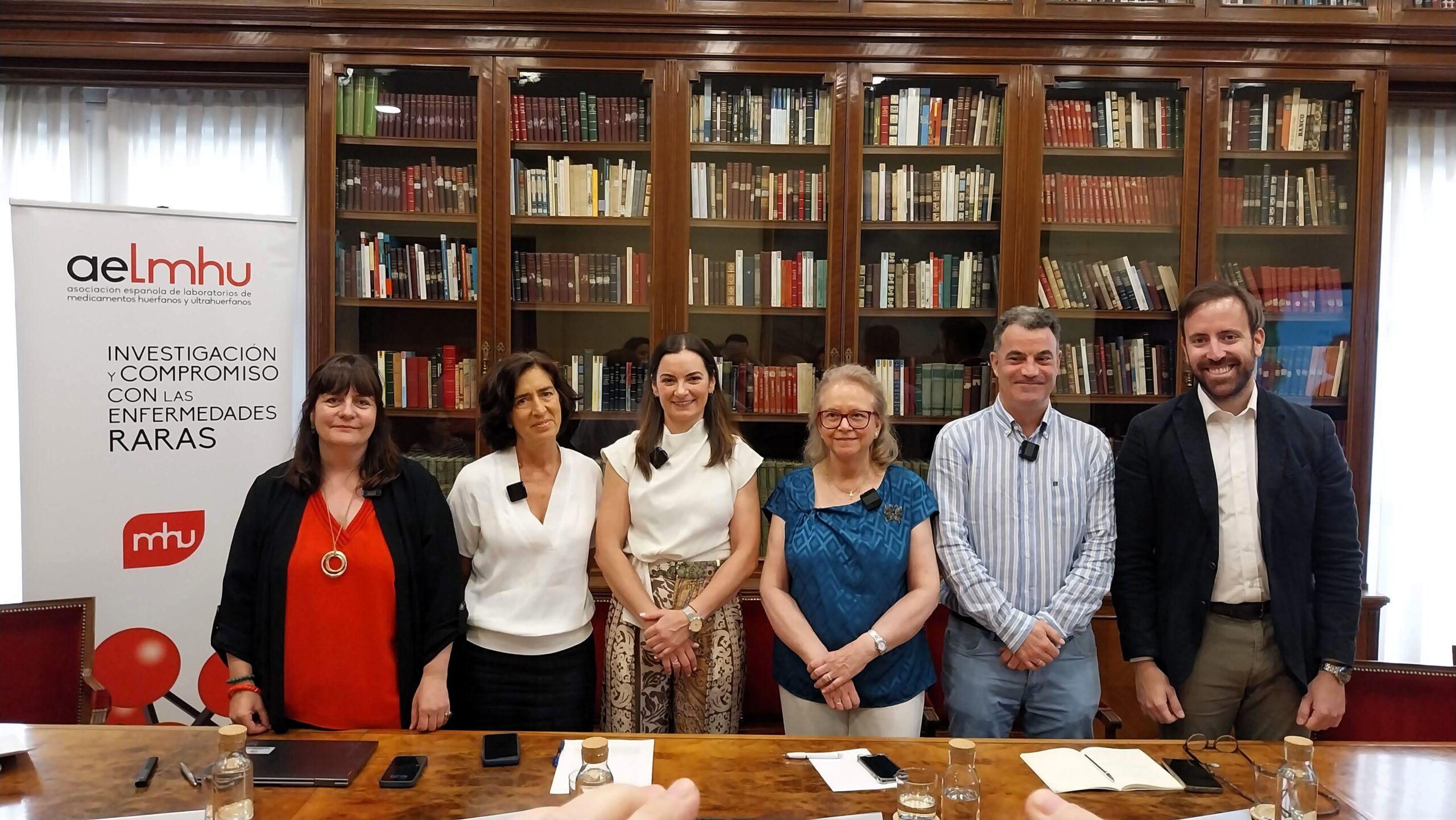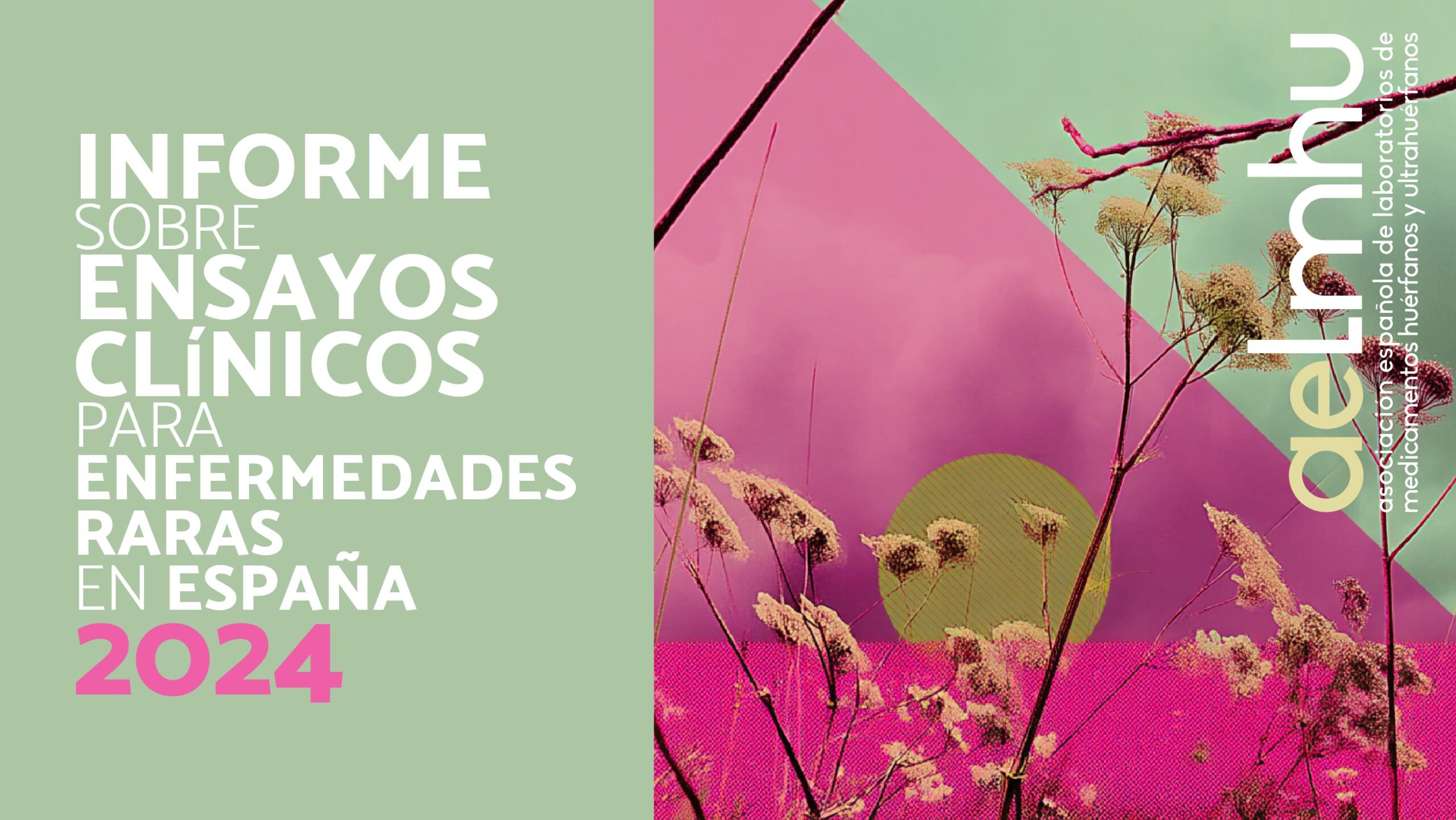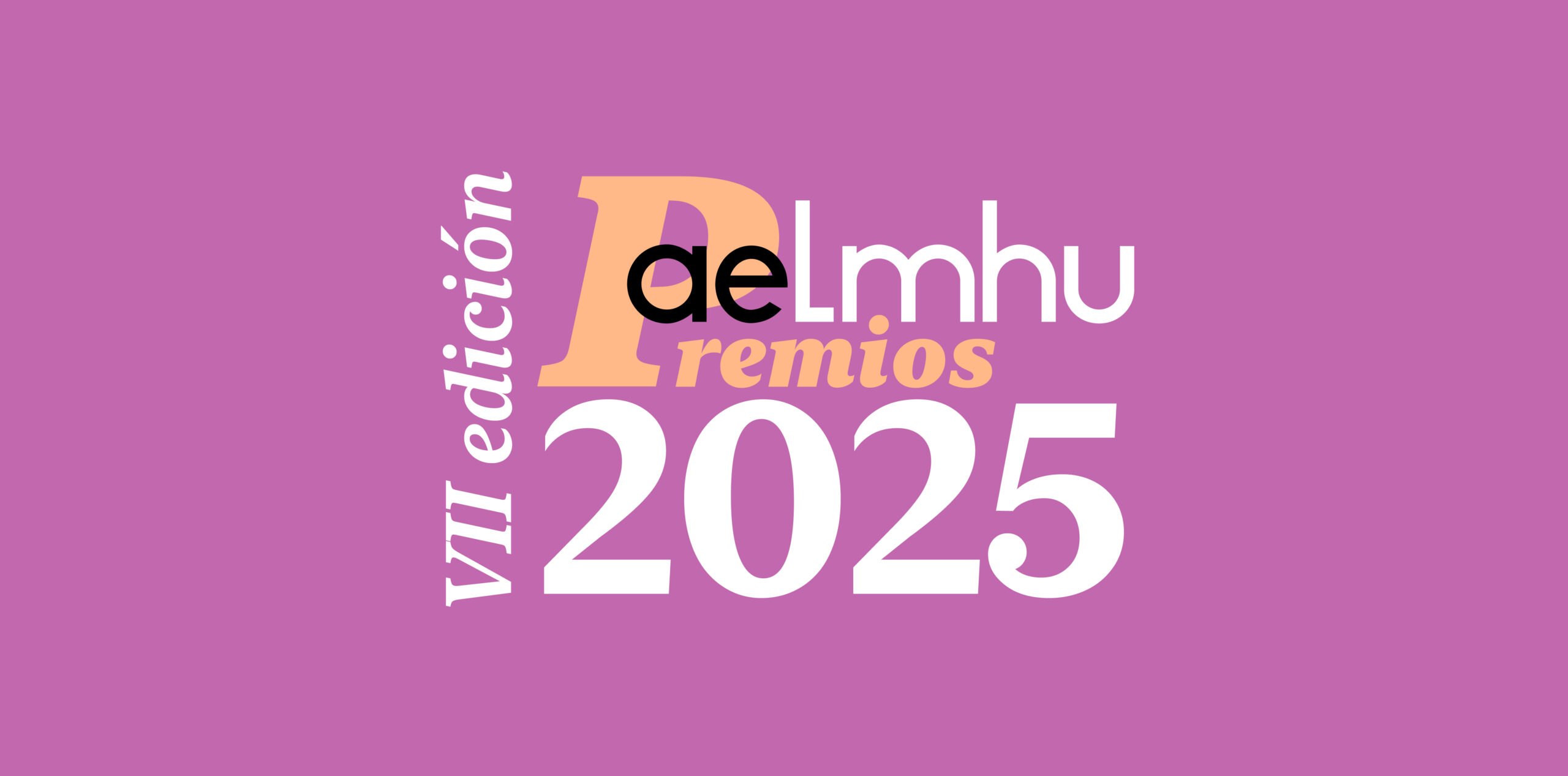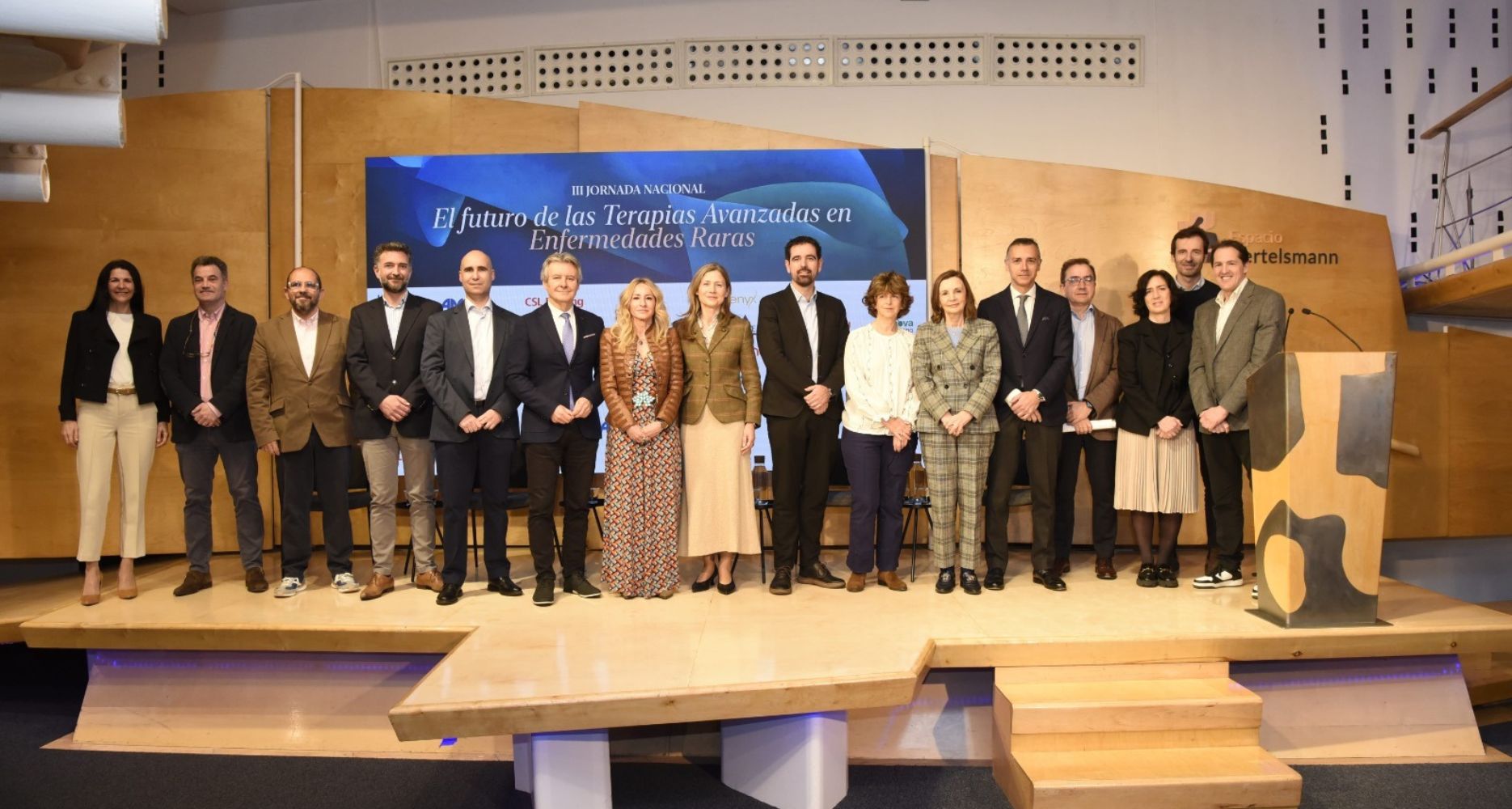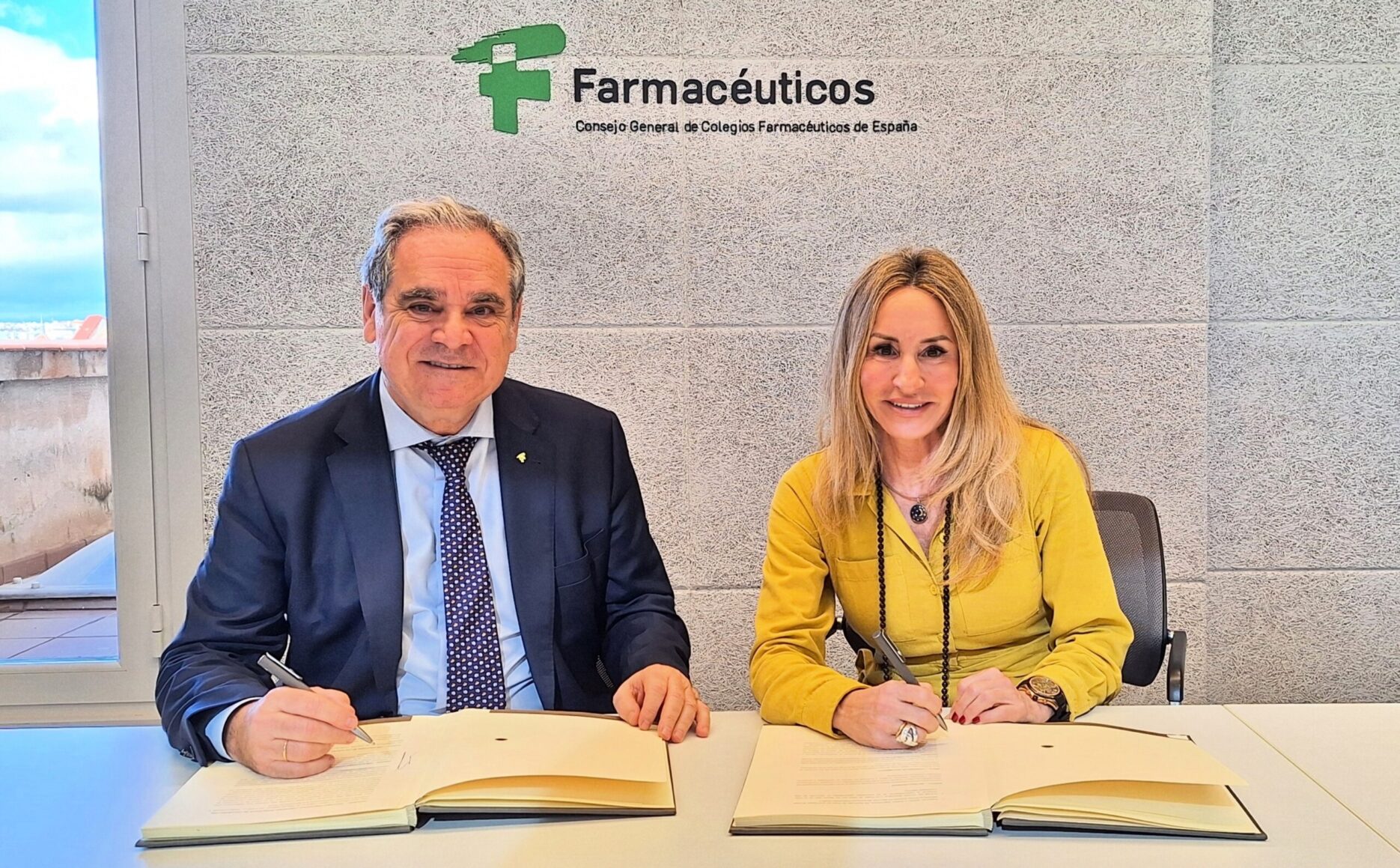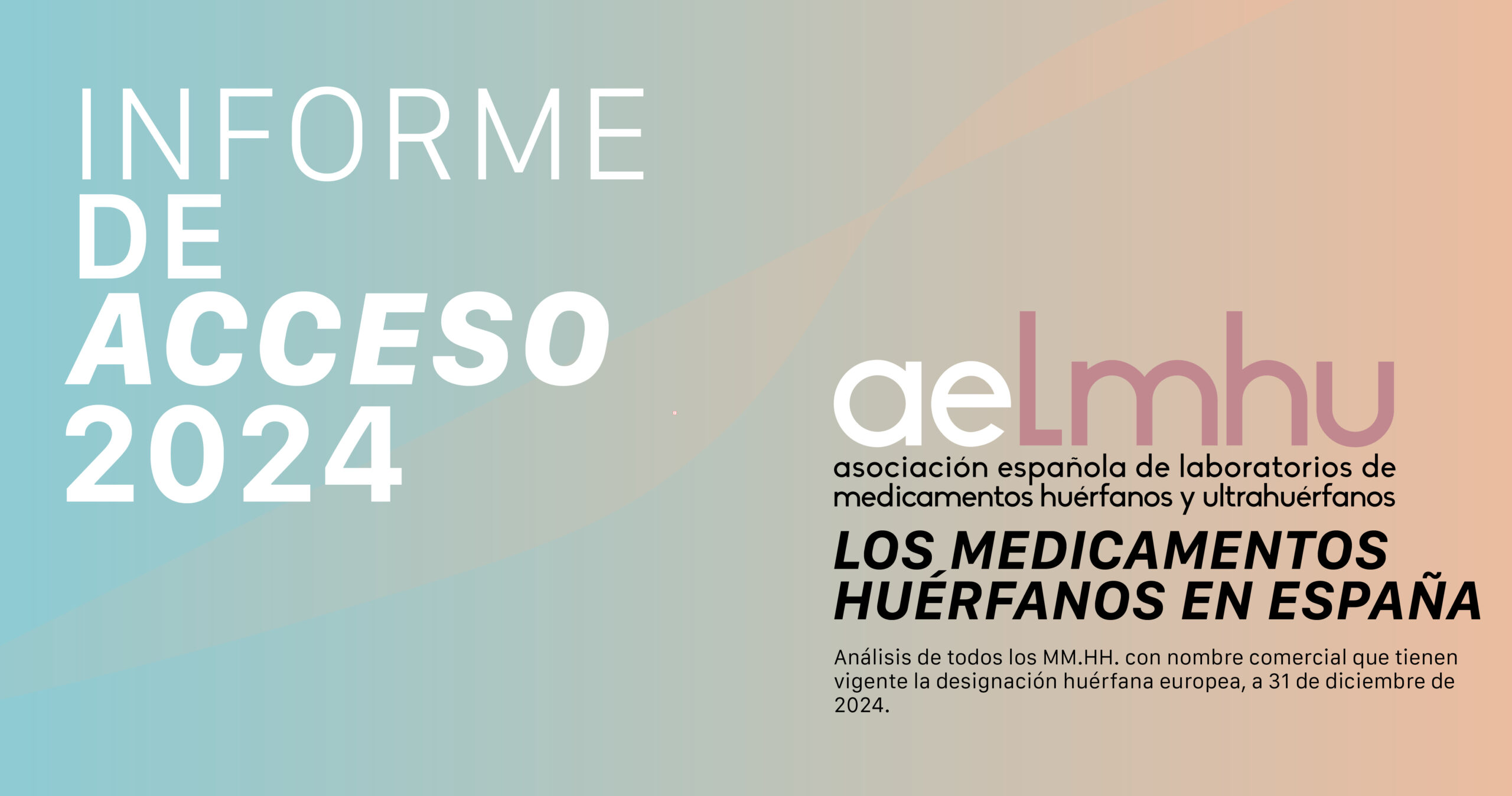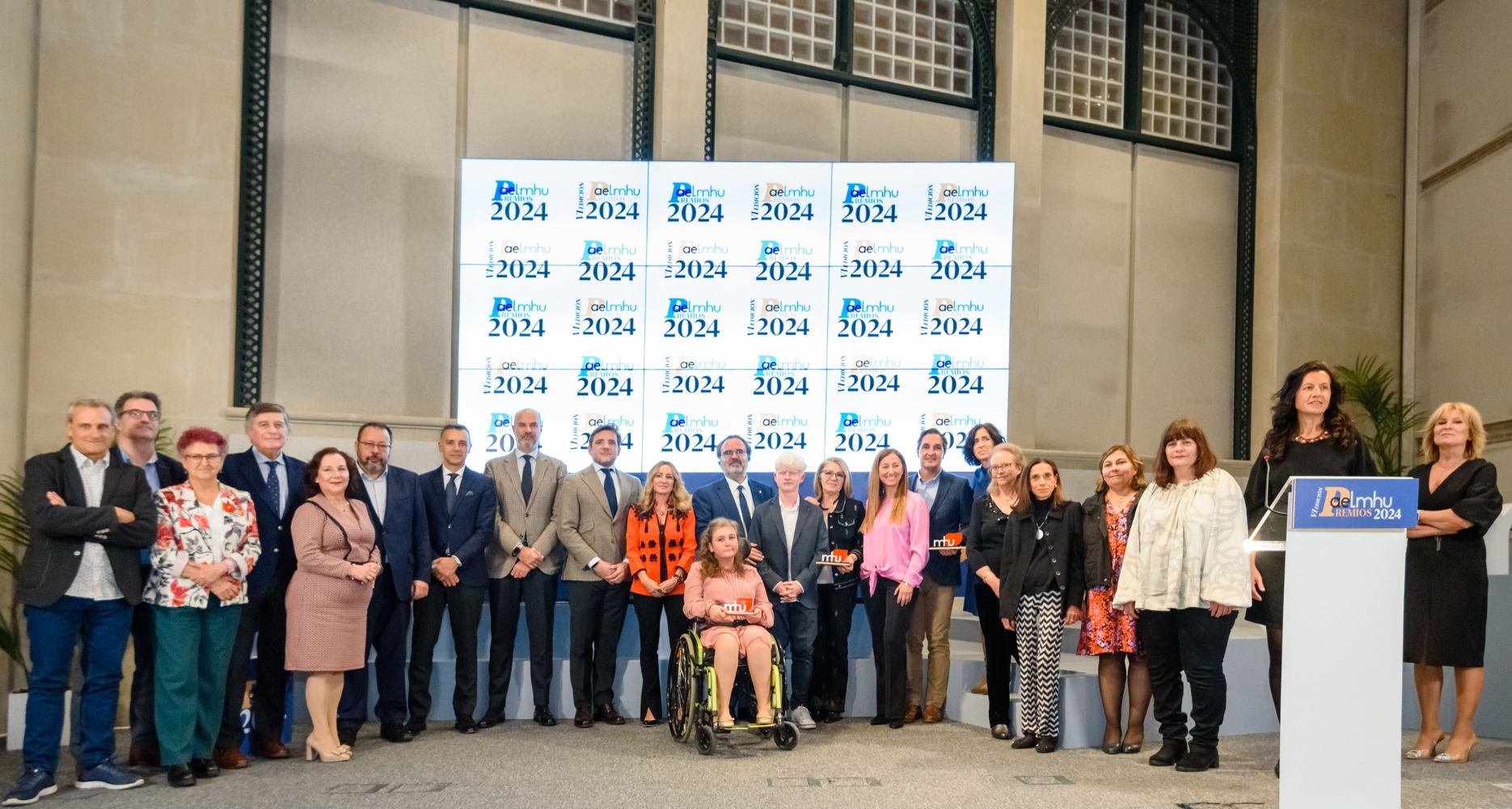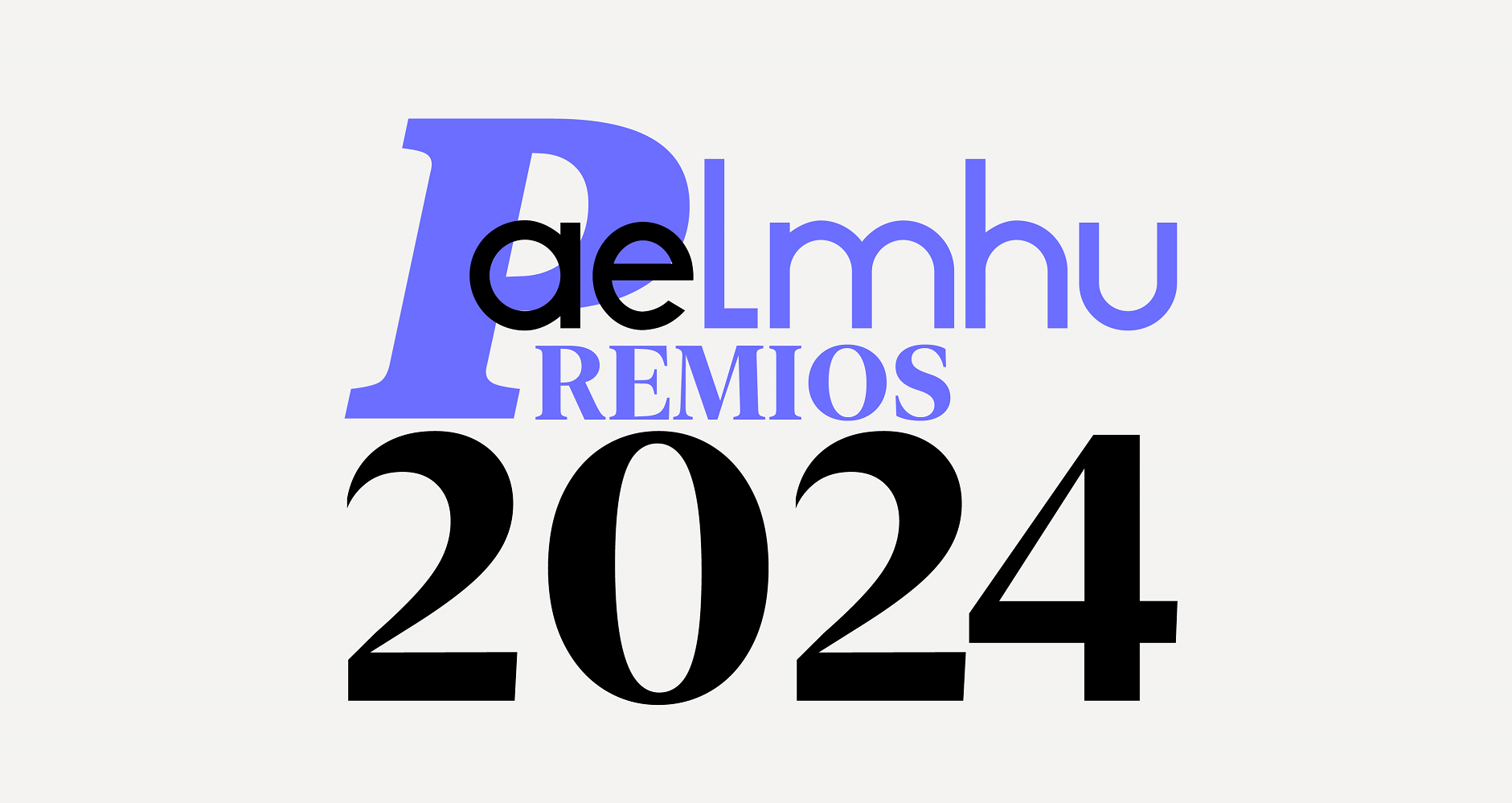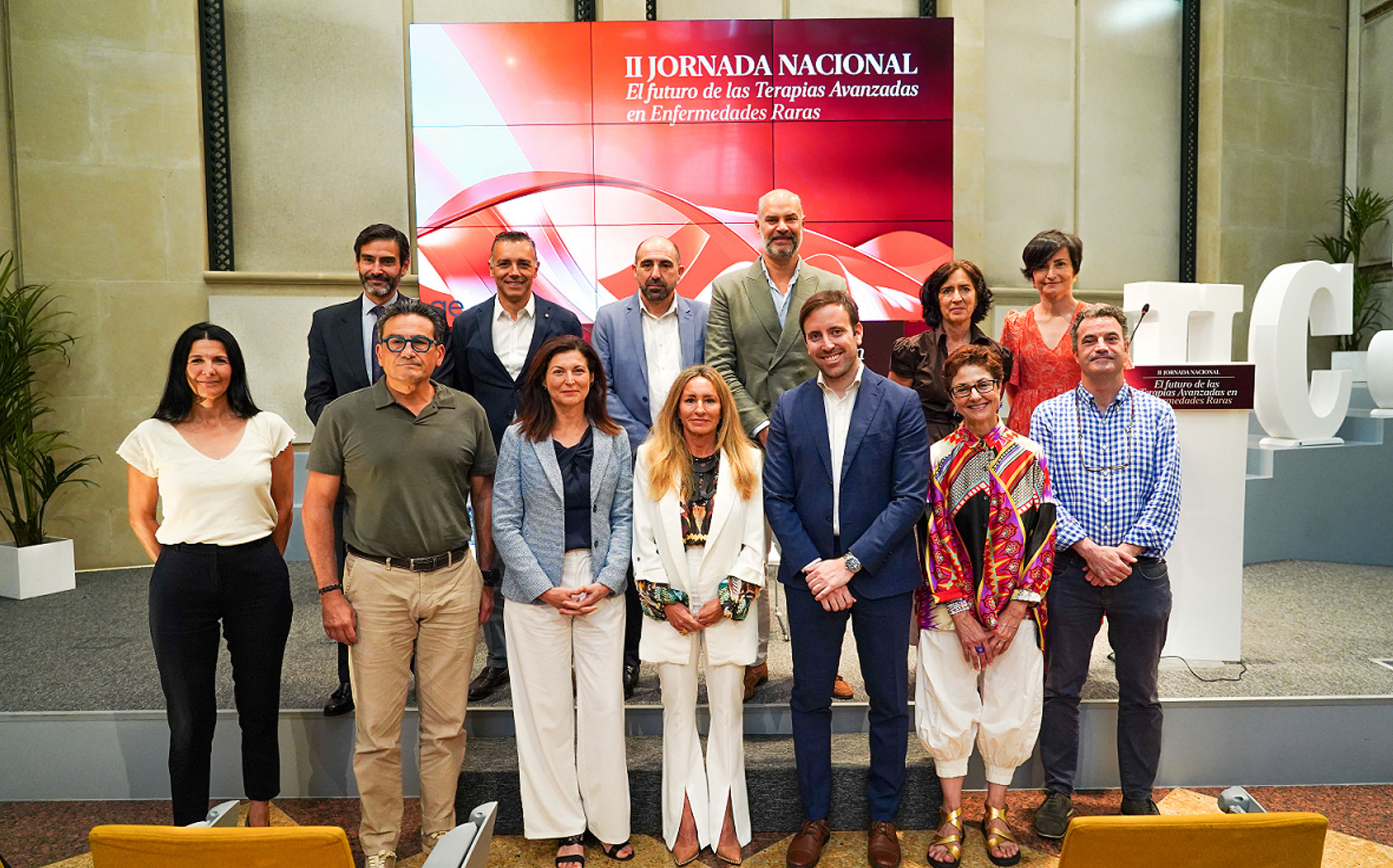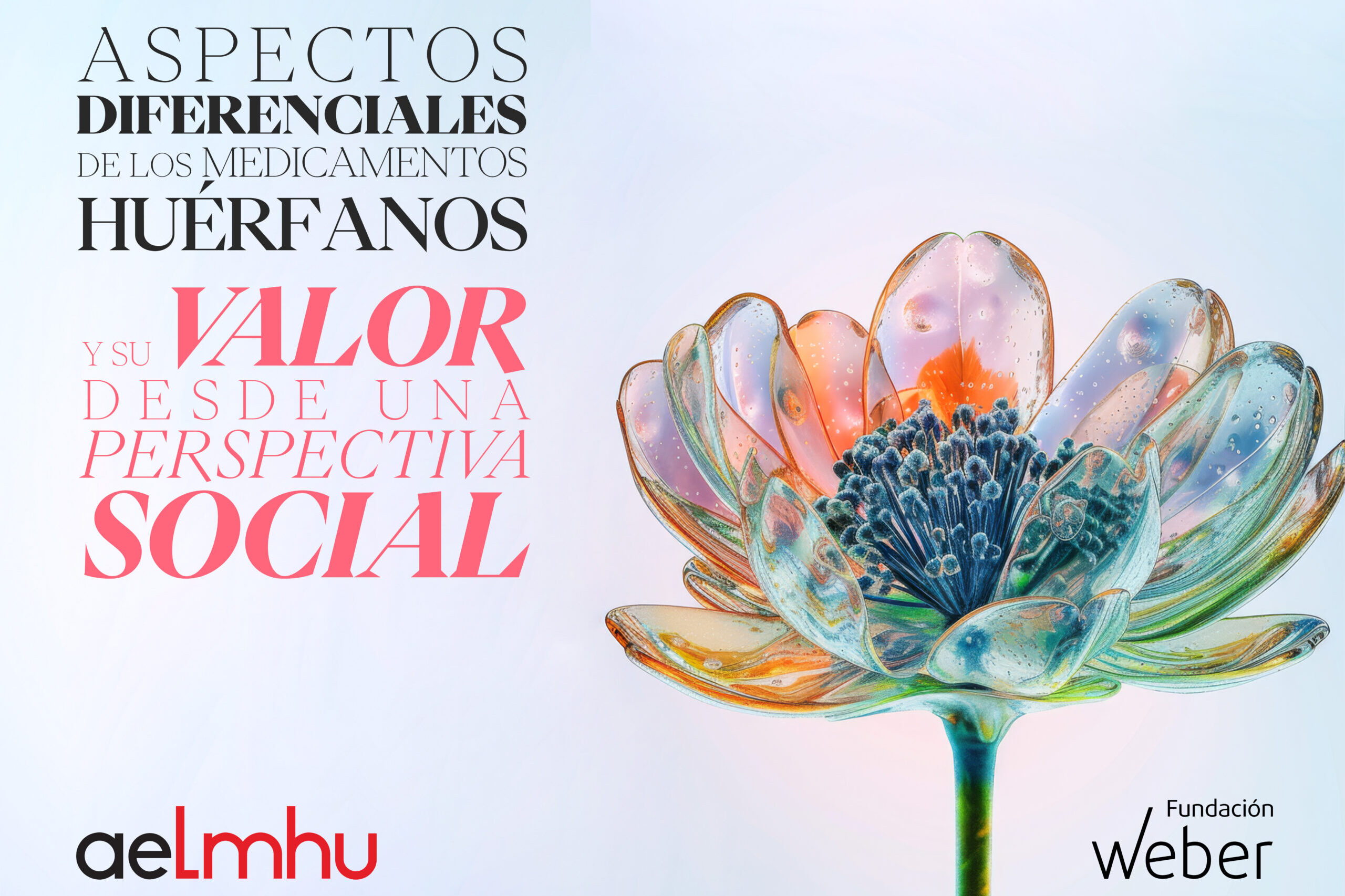PRESS RELEASES
La Asociación Nacional de Informadores de la Salud (ANIS) y la Asociación Española de Laboratorios de Medicamentos Huérfanos y Ultrahuérfanos (AELMHU) han organizado este miércoles la II Jornada Formativa sobre enfermedades raras, dirigida a periodistas especializados en salud.
En el evento, la vicepresidenta de AELMHU, María José Sánchez, ha presentado a los periodistas los datos del primer Informe Cuatrimestral de Acceso a los Medicamentos Huérfanos de 2025, que analiza la situación del acceso de los productos con nombre comercial que tienen vigente la designación huérfana a fecha de 30 de abril de 2025.
Accede a la nota de prensa completa aquí
La Asociación Española de Laboratorios de Medicamentos Huérfanos y Ultrahuérfanos (AELMHU) ha publicado un nuevo informe que analiza los datos más relevantes sobre los ensayos clínicos autorizados para las patologías poco frecuentes y su evolución en los últimos cinco años en nuestro país. El lanzamiento se enmarca en el contexto del Día internacional del ensayo clínico.
Según los datos, en 2024 se autorizaron en España un total de 929 ensayos clínicos. De ellos, 207 ensayos estaban dirigidos a enfermedades raras. Si se compara el número de ensayos clínicos para enfermedades raras autorizados en 2024 con el del 2023, se observa un incremento del 10 % en este último año. Este aumento es una buena noticia para el país, y, especialmente, para los pacientes que están esperando la llegada de un tratamiento, en muchos casos, el primero para tratar su enfermedad.
Accede a la nota completa aquí.
Puedes descargar la infografía aquí.
The Spanish Association of Orphan and Ultra Orphan Drug Laboratories(AELMHU) has presented the VII edition of its awards, created with the aim of promoting knowledge about rare diseases and orphan drugs. These awards annually highlight the work of experts and organizations by recognizing their professional careers and the most outstanding projects in assistance, dissemination and awareness of these pathologies.
In previous editions, AELMHU has recognized the work of such relevant personalities in the world of rare pathologies as Ángel Carracedo, Francesc Palau, Julio Sánchez-Fierro, Josep Torrent-Farnell, Magdalena Ugarte, and José Luis Poveda, among others.
Access the complete note here.
The Spanish Association of Orphan and Ultra-Orphan Drug Laboratories (AELMHU) held today the III National Conference: The Future of Advanced Therapies for Rare Diseases, with the aim of promoting dialogue and critical reflection among the different agents of the healthcare system in order to highlight the development of advanced therapies for rare diseases and access for patients in Spain. The conference was made possible thanks to the collaboration of: Amgen, CSL Behring, PTC Therapeutics, Ultragenyx Pharmaceutical and Vertex.
Among the main conclusions, the participants agreed on the importance of the therapeutic and social value of advanced therapies and the need to work together to improve the approach to rare diseases. Facing the great challenges, both at European and national or regional level, concerning diagnosis, research, development, financing and access to these treatments.
The Spanish Association of Orphan and Ultra-Orphan Drug Laboratories (AELMHU) and the General Council of Pharmaceutical Associations (CGCOF) have signed a collaboration agreement to promote the skills of pharmacists in this type of drugs for the prevention, diagnosis or treatment of rare diseases.
The president of the General Council of Pharmaceutical Associations, Jesús Aguilar, and the president of AELMHU, Beatriz Perales, have signed the document that includes the joint organization of training or informative activities, as well as health programs and campaigns. The first action to be promoted by both entities is the launch of the "Pharmacy and Orphan Drugs" channel, within the video advice channel #TuFarmacéuticoInforma that the General Council of Pharmaceutical Associations has on YouTube.
Access the complete note here
The Spanish Association of Orphan and Ultra-Orphan Drug Laboratories(AELMHU) today presents the results of its Annual Report on Access to Orphan Drugs for 2024, which every year provides information on the situation of these drugs in Europe and their availability for patients in Spain.
The report analyzes the data on orphan drugs based on different European and Spanish public sources as of December 31, 2024, taking into account the evolution of the indicators.
According to the analysis, the situation in Europe has shown a positive evolution, with 25 new drugs with orphan designation and trade name, 6 more than in 2023. In addition, 17 drugs obtained marketing authorization in the European Union from the European Medicines Agency (EMA), improving the number of authorized products by 5 points over the previous year.
The Spanish Association of Orphan and Ultra Orphan Drug Laboratories(AELMHU) has presented its annual awards, with which it recognizes the most outstanding contributions of institutions, patient associations and health professionals to the field of rare diseases in order to improve the health and quality of life of millions of people in our country.
Inaugurated by the president of AELMHU, Beatriz Perales, and conducted by the journalist María Rey, the award ceremony was held in Madrid in the presence of representatives from the institutional sphere, the industry, patients and the scientific and healthcare community. It was closed by César Hernández, Director General of the Common Portfolio of Services of the National Health System and Pharmacy of the Ministry of Health. The event included numerous expressions of remembrance and affection for all those affected by the recent DANA.
Access the full press release here.
The Spanish Association of Orphan and Ultra Orphan Drug Laboratories (AELMHU) has announced today the decision of the Jury of the VI Edition of its Awards, made up of thirteen professionals of recognized prestige in the field of rare diseases.
With these awards, AELMHU recognizes the contribution of institutions, patient associations and health professionals in the field of rare pathologies, in order to continue recognizing year after year the most relevant contributions both in the visibility and awareness of these pathologies and in their research and treatments.
Access the full press release here.
The Spanish Association of Orphan and Ultra Orphan Drug Laboratories (AELMHU) held today the II National Conference The Future of Advanced Therapies for Rare Diseases with the aim of promoting dialogue and critical reflection among the different agents of the healthcare system in order to highlight the development of this therapeutic approach for rare diseases and to continue working together to facilitate their availability and access.
Among the main conclusions, the participants agreed on the therapeutic and social value of these advanced therapies, and the joint work of the different agents involved, which are essential to accelerate their availability and change the lives of people suffering from rare diseases.
Access the full press release here.
The Weber Foundation and the Spanish Association of Orphan and Ultra Orphan Drug Laboratories(AELMHU) have presented the conclusions of the report "Differential aspects of orphan drugs and their value from a social perspective", which highlight the positive impact of these therapeutic innovations on patients and their environment, as well as their ability to significantly reduce costs to the system.
Prepared by the Weber Foundation, with the collaboration of AELMHU, the Report analyzes the differential characteristics of these therapies and the value they generate in different areas of society, in addition to the substantial benefit on the health and quality of life of patients and their environment.
Access the full press release here.
